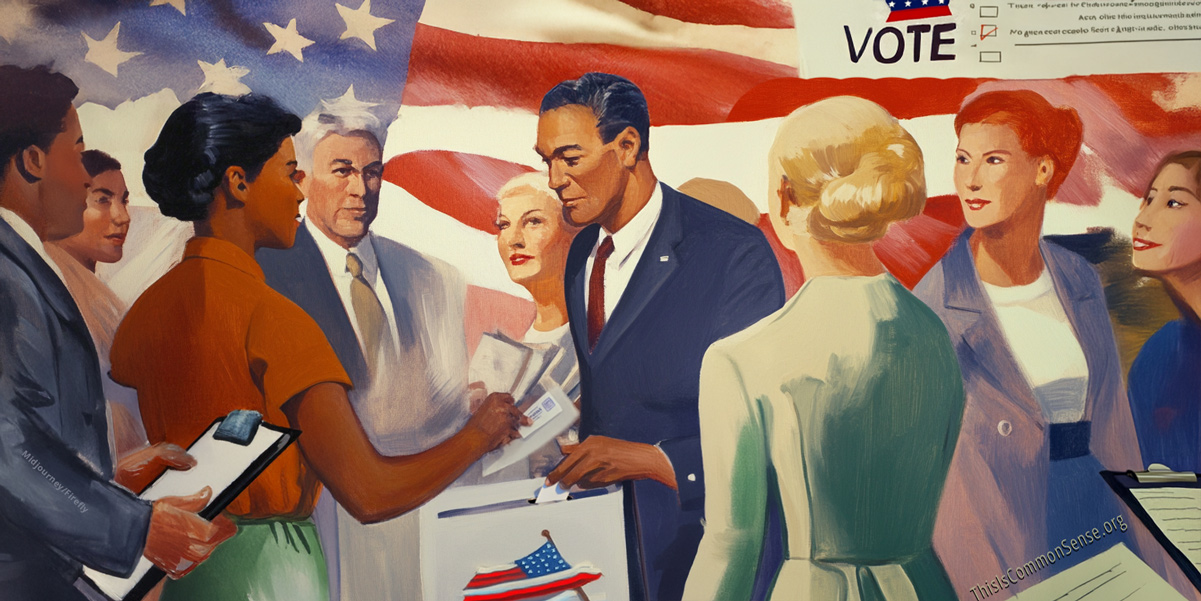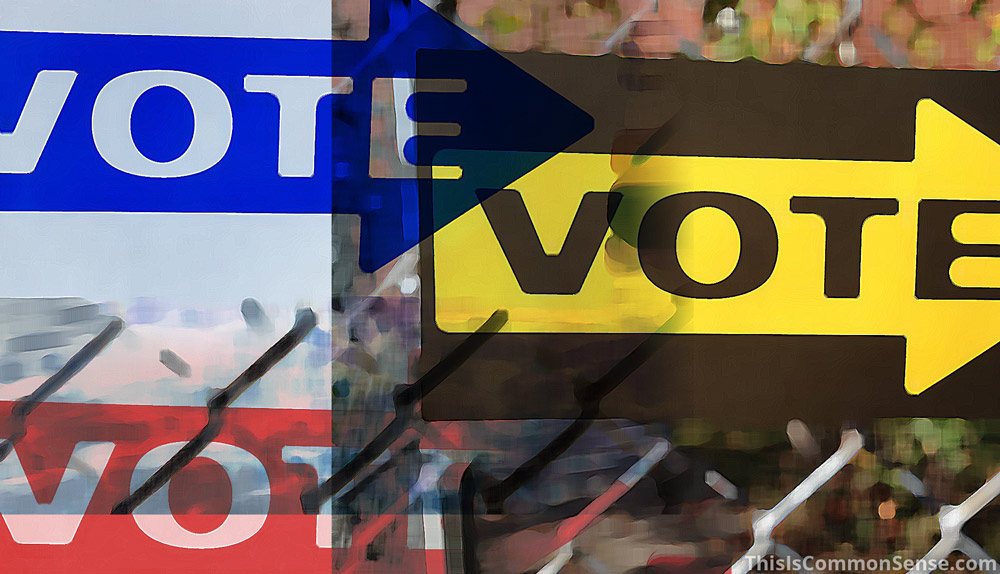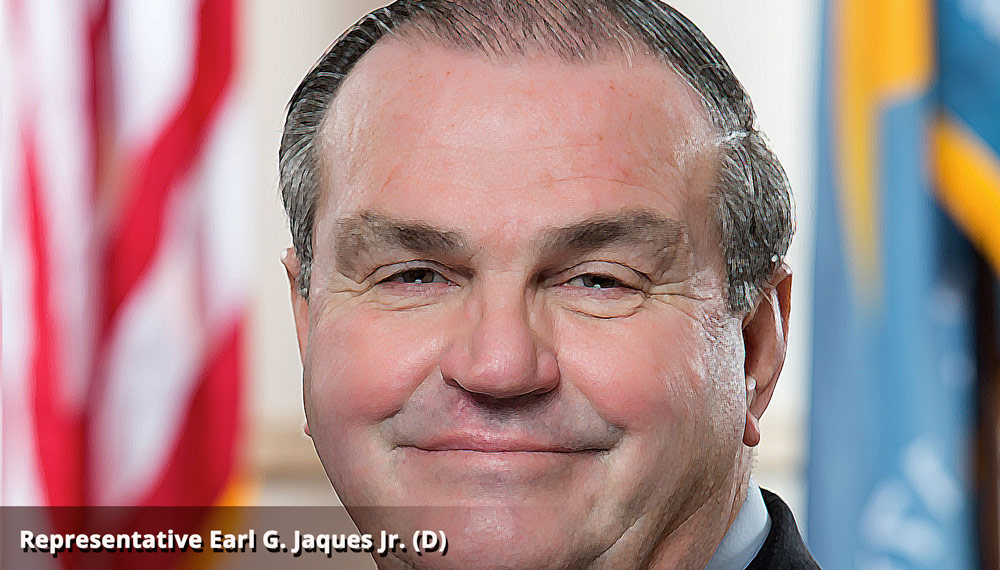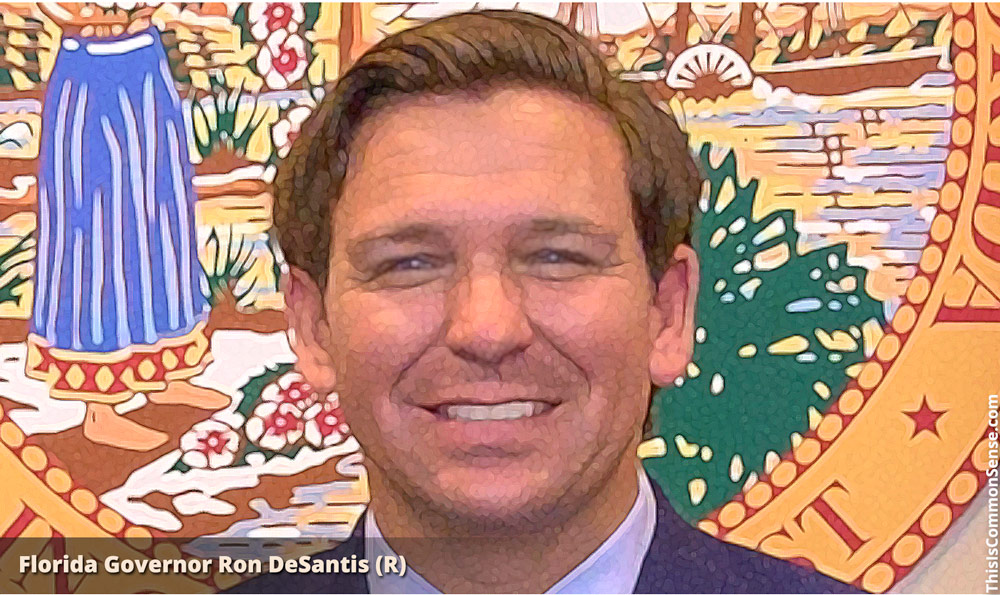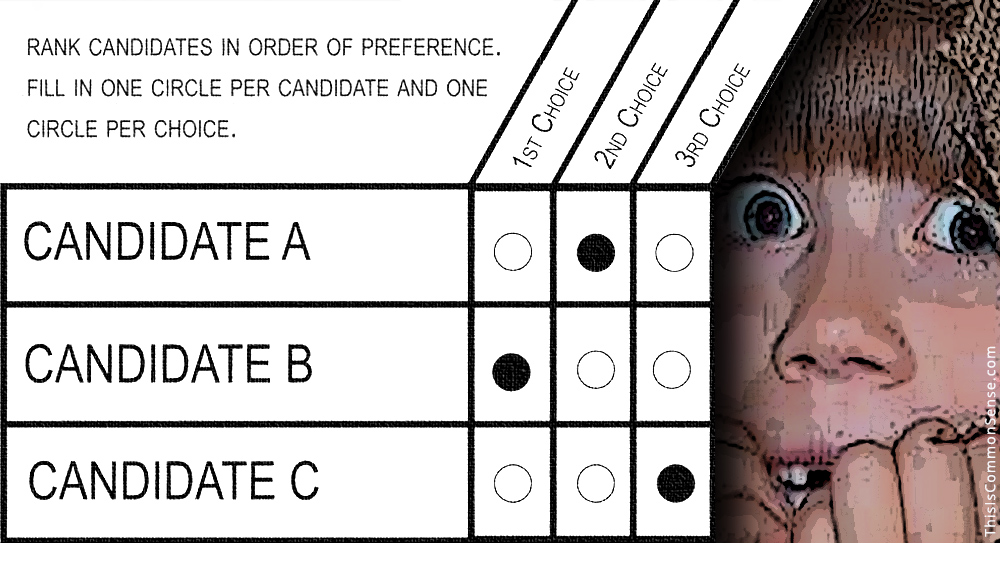Lately, Americans have been distracted by a federal-level election. But we’ve also had important state-level matters to attend to during the recent election cycle, including some legislatively referred questions about citizen initiative rights.
In my experience, whenever many politicians push for a ballot measure in order to supposedly “fix” an already-established right of citizen initiative, the goal is usually to make it harder for people to get a question onto the ballot.
Three questions on state ballots this November exemplify the pattern. Fortunately, voters have rejected the sly politicians’ gambit in each case.
In Arizona, Proposition 136 would have let opponents of a ballot question force a doubt about its constitutionality to be adjudicated before the measure can be placed on the ballot. (Nothing prevents a measure from being challenged in court after passage.) Of course, sometimes litigation, whether sincere or not, can’t be entirely resolved before proposed urgent deadlines, like the deadline for submitting signatures to place a question on the ballot.
Arizona voters clobbered Prop 136 with about 64 percent of the vote.
In North Dakota, voters had to again defeat a lawmaker-referred measure to weaken citizen initiative rights. Among other arbitrary burdens, Measure 2 would have increased the number of signatures required to send a question to ballot.
Voters killed it by about 56 to 44 percent.
Lastly, Colorado’s Amendment K sought to impose an earlier deadline for submitting initiative signatures. This, too, voters declined by about a ten point margin.
Good results. Voters tend to see the elite’s designs and react appropriately.
This is Common Sense. I’m Paul Jacob.
Illustration created with Midjourney and Firefly
See all recent commentary
(simplified and organized)
See recent popular posts
